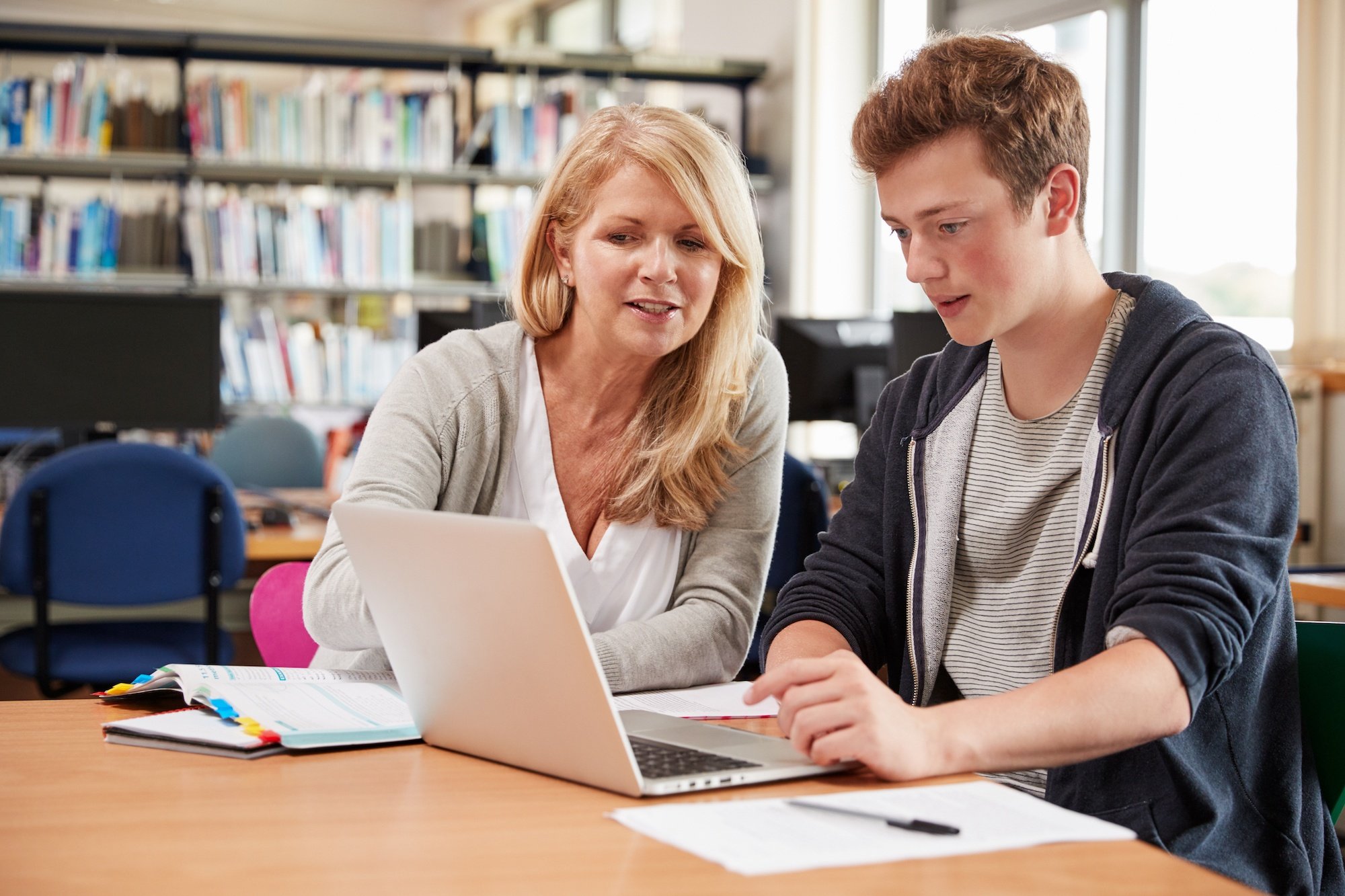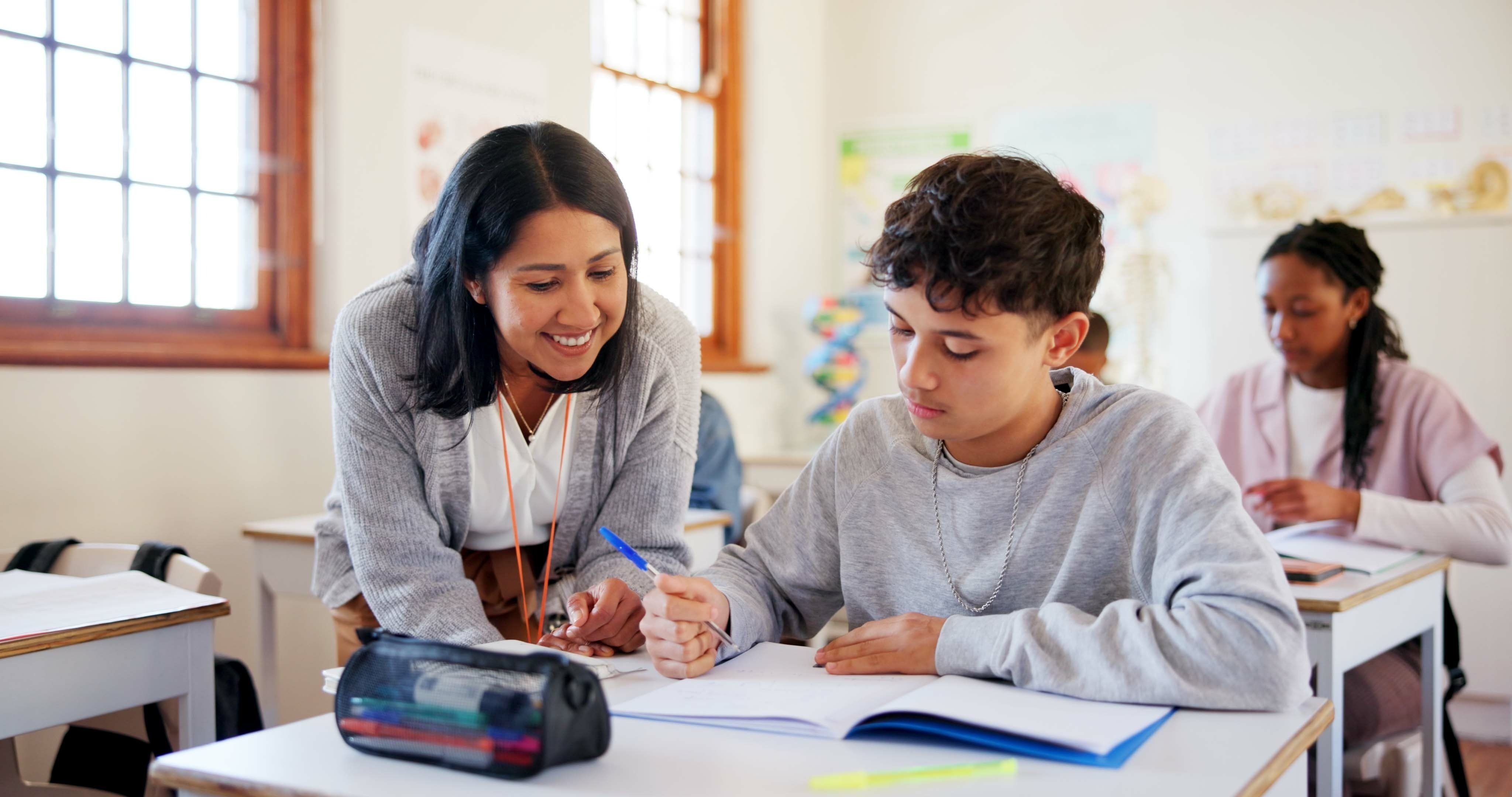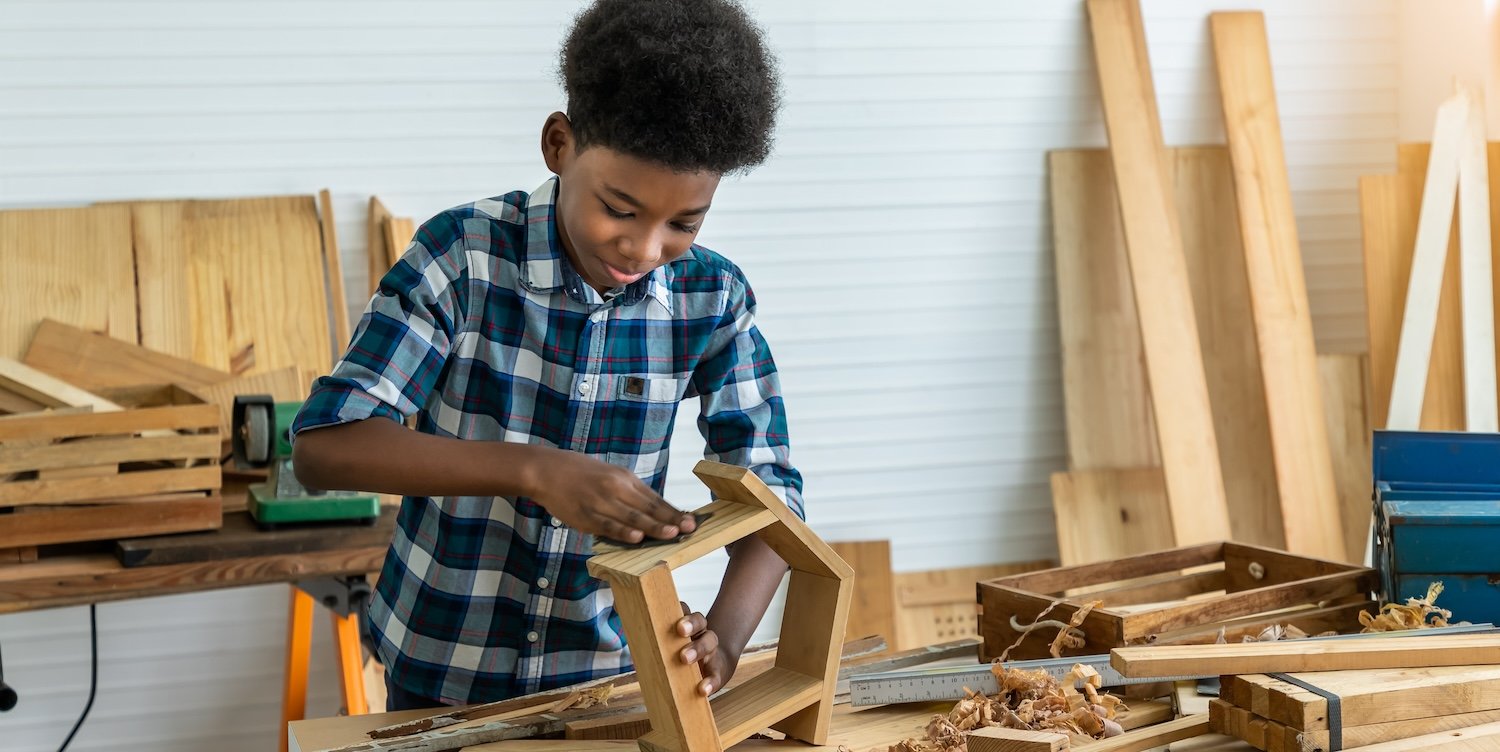Making this Year the Best

It’s nearly the end of summer break, and as you seek structure and relief from the constant Fortnite, SnapChat, and Instagram rotation, you anxiously count down the days until the kids go back to school. Your kids, however, are dreading that day when it starts again. I have heard countless reports of variations on this conversation:
You: “School starts soon – let’s talk about how this year is going to go.”
Son: “I am going to do better this year.”
You: “What will you do differently to make that happen?”
Son: “Don’t worry, I’ve got this.”
You: [PAUSE]…
The remainder of this conversation can go in different directions based on your response. The content below may help frame the rest of the discussion with research and brain-based learning strategies.
Brain maturity matters
The way the brain grows is the key to many learning strategies. The brain matures from back to front, and adolescence is the time when the brain is growing and making connections at a rapid rate – second only to the first few years of life.
While all parts of the brain are present at birth, they continue to grow and mature. Most of the brain – the parts that control emotions, visual processing, and long-term memory - start to fully develop by age 6. Other parts of the brain take a bit longer to develop and continue to fully form and grow in functioning until the 20s and 30s. The latest research says that the prefrontal cortex, which controls executive function, organization, and concentration (or essentially, the things you need to perform well academically), doesn’t fully develop until age 35!
That’s not an excuse for your son to not do well, though. As the brain learns something new, neurons reach out and connect to form networks. Then, as specific skills are practiced and focused on, the unused connections get pruned away, while the used ones become stronger. The axons that connect the most-used pathways get sealed in myelin, which acts as an insulator to make sure signals can pass quickly and efficiently. The resting time between firings, called the refractory period, becomes much quicker. The practice of any skill lays down myelin to enable a skill to become more efficient. The more your son practices studying and learning, the more efficient he will become.
Here are 4 strategies that will help your son do better academically:
Take notes by hand
Many students take notes on their laptops or tablets. Laptops have many uses, but taking notes by typing or using the camera to take a picture of the board, does not facilitate learning. In a study published in 2014 in Psychological Science, the research found that using a laptop to take notes instead of handwriting notes could be impairing learning. Taking notes is much more than passing external information into the brain. The note-taking action itself is part of the memorization process and helps create internal storage of the information in your brain.
There are two thoughts as to why note-taking is beneficial. The first is called the encoding hypothesis, which says that when a person is taking notes, “the processing that occurs while taking notes improves learning and retention.” The second, called the external-storage hypothesis, is that you learn by being able to look back at your notes – transferring information from external storage to internal. In similar research, Mueller and Oppenheimer discovered researchers discovered that taking notes by hand, or rewriting your typed notes, improved internal storage and memory of information.
You are more likely to remember information by writing it down by hand.
Actively study
When you are learning something new, research shows that it is better to practice retrieving it from memory, rather than re-reading your text or reviewing instructional material. Strategies, like re-reading a textbook and looking over notes, are not particularly effective. Recalling learned material makes the learning stronger and more easily remembered later. In the book Make it Stick: The Science of Successful Learning, the authors explain that spacing out practice sessions with time between them is beneficial because it helps create the myelination on the neural pathways that help the brain recall information faster. Massed practice, like cramming, leads to fast learning but also to rapid forgetting. Spacing helps embed learning in long-term memory. Anything that forces a student to recall information on his own is considered active studying.
Get enough sleep
Parents - this is an area where you can help set guidelines. Procrastination leads to late nights and sometimes even all-nighters before big projects and tests. Sleep helps memories consolidate and may make retrieval of learned information better. Rested brains learn more readily. In fact, well-rested brains do most tasks better than sleepy brains. A recent research study suggests that cutting sleep by only one hour a day for a week could impact the ability to recall information the next day. In a study by Stickgold and Walker, it was found that sleep after learning helps cement the material and encode it in the brain. During sleep, the brain turns recently acquired memories into long-term memories. Sleep helps lock in learning.
Ask for help
New research shows that students who excel at both classroom and standardized tests such as the SAT and ACT are those who use self-regulated learning strategies – goal setting and planning, self-evaluation, and actively seeking out help when they don’t understand material. In Sebesta and Speth’s research study of college students at St. Louis University, they discovered that students who perform the best sought out help from their teachers when they were stuck or used study aids to further their understanding of the material.
Surprisingly, our tried and true methods of learning are the ones that have been found to be most successful. The use of tests such as functional magnetic resonance imaging that measures brain activity has helped researchers prove that taking notes by hand, actively studying, getting enough sleep, and asking for help will help students see an improvement in their performance.
Even the most successful students can improve in one of these areas to see a change in their academic performance. The rest of that conversation about back to school just became a little easier to substantiate.
Betsy Hauptman Coy has almost 20 years of experience teaching at both independent schools and at the collegiate level. She earned her B.S. from Bowling Green State University in Special Education, her J.D. from Case Western Reserve University, and completed a graduated program in brain-based learning and education at Johns Hopkins University. Betsy is currently the Upper School Dean of Students and Ninth Grade Dean at University School where she has served in roles ranging from classroom teacher to Director of Learning Services.


%202.jpeg)
